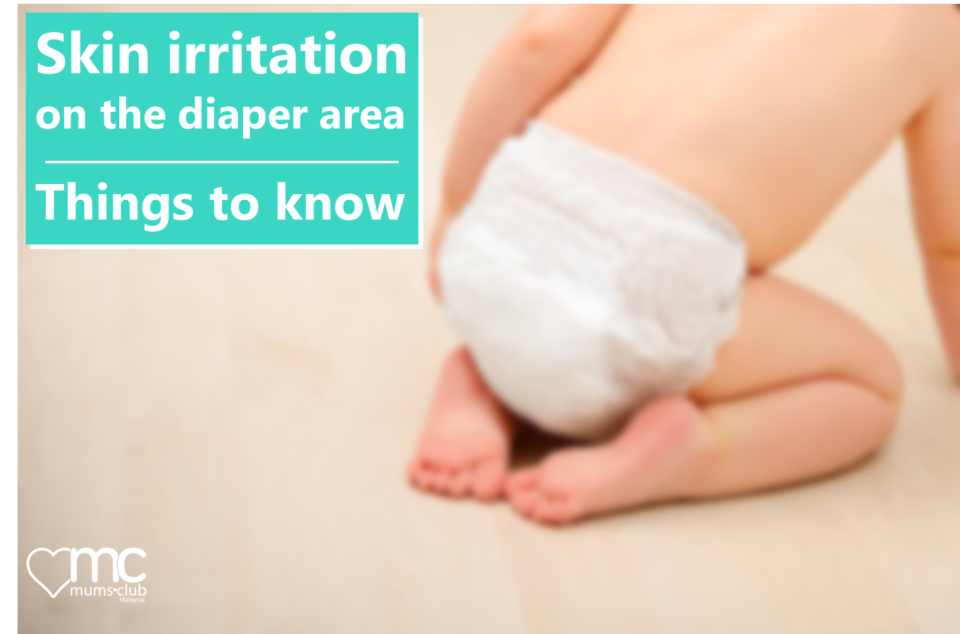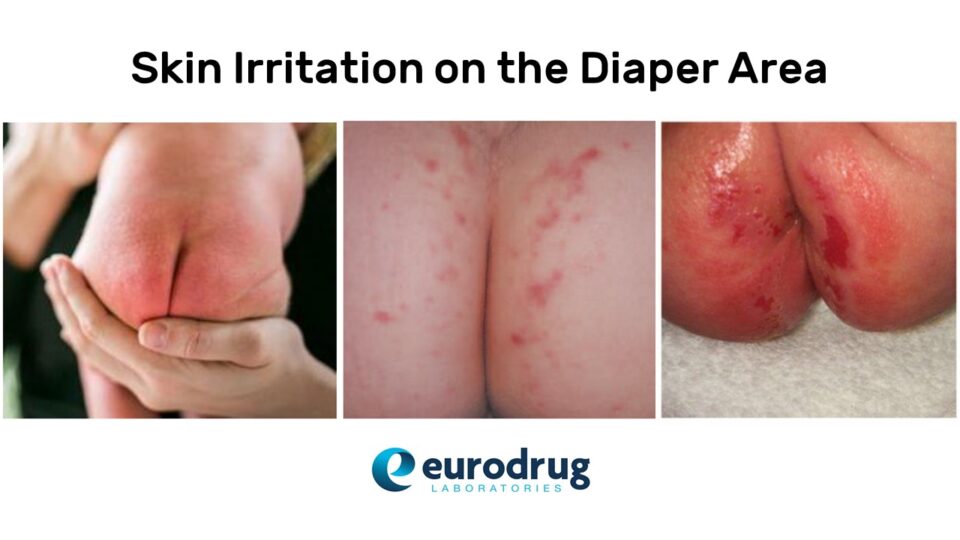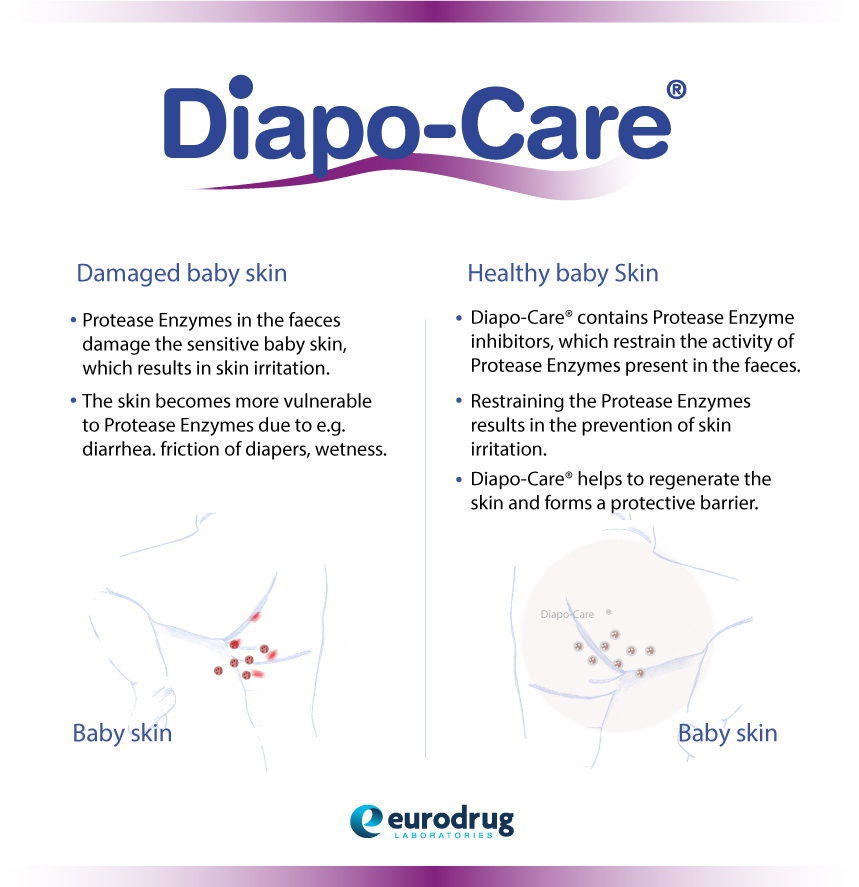
EVER stopped to wonder why your little one is having such a hard time sleeping or having one of those ‘moody’ days? Well, look no further because the most likely cause is skin irritation on the diaper area.
Even though skin irritation on the diaper area is a common skin condition, not many parents know how to deal with it or even prevent it.
Interested to know more? Read on.
Does your child have sensitive skin?
The first thing you ought to find out is if your child has sensitive skin. No doubt, it is not easy to determine if he or she is merely experiencing normal itches or suffering from the effects of having sensitive skin.
Common causes of sensitive skin include: –
- Dry skin
- Rashes
- Allergic
- Mosquito bites
If left untreated, these skin conditions might lead to risk of infections.
How to stop them from scratching
Telling them to stop, is easier said than done. Fortunately, there are other methods that you can adopt.
Here are some tips to help your child avoid scratching.
WHAT IS IT?

Skin irritation on the diaper area refers to baby’s skin discomfort usually caused by wet or soiled diapers. Prolonged exposure to baby’s own urine or stool can cause their skin to turn red, sore, dry, flaky, bumpy and raw.
It has to be said that babies skin is very delicate as their immunity hasn’t been fully developed. Hence, this could also cause their skin to be prone to skin irritation.
WHAT CAUSES IT?

As mentioned above, prolonged exposure to baby’s own urine or stool can cause skin irritation on the diaper area. However, there are other factors as well:-
- Candida: A type of fungal infection caused by yeasts that exists naturally in the intestines. Candida overgrowth can cause rash or infection.
- Poorly fitted diapers: If a diaper is too big, it can cause friction as it rubs against the skin while if it is too small, this causes poor air and moisture circulation within the diaper area.
- Food intake: Introduction of new foods to baby’s diet can cause the content of their stool to change and, in some cases, may lead to diarrhoea.
- Allergies: Babies with sensitive skin may have allergic reactions to certain chemicals (especially fragrances) that are used in the manufacture of certain types of baby products such as diaper, soap and detergent.
HOW TO TREAT IT?

Among the ways to treat skin irritation on the diaper area include:-
- Remove diapers and allow the skin to heal naturally.
- Change diapers as often as possible to avoid over-soaking and over-cramping within the diaper area.
- Clean baby’s skin with warm water and mild soap, and pat gently using a soft towel or washcloth. Do not rub the affected area or it may worsen the skin.
- Be sure to keep your baby’s skin as clean and dry as possible.
- Keep your hands clean to prevent germs and bacteria from spreading to your baby.
- Apply diaper care cream, lotion or ointment to soothe the affected area. For babies with sensitive skin, it is advisable to use products that are proven hypoallergenic and do not contain allergens such as fragrances and alcohol. This applies to diapers and detergents as well.
HOW TO PREVENT IT?

Apart from treating skin irritation on the diaper area, there are ways to prevent it from occurring:-
- Choose the right sized diaper for better breathability as opposed to poorly fitted diapers.
- Do not put diaper on too tightly as this would prevent airflow into the diaper area.
- Apply specialised diaper care cream such as Diapo-Care Cream, which is the world’s first diaper care product containing natural protease enzyme inhibitors (PEI) and dexpanthenol.
Protease enzyme inhibitor (PEI):
Blocks protease enzyme – the leading cause of skin irritation on the diaper area and commonly found in faeces. Diapo-Care Cream contains PEI that is non-genetically modified, fragrance-free and derived from plant-based ingredients.
Dexpanthenol:
Helps skin to regenerate while keeping skin soft and moisturised. Also provides a protective barrier for the skin.

Visit any CARiNG Pharmacy near you or shop online.
WORD OF ADVICE
Should the issue persists even after adopting the approaches stated above, it is best for you to consult a doctor to assess the situation.


